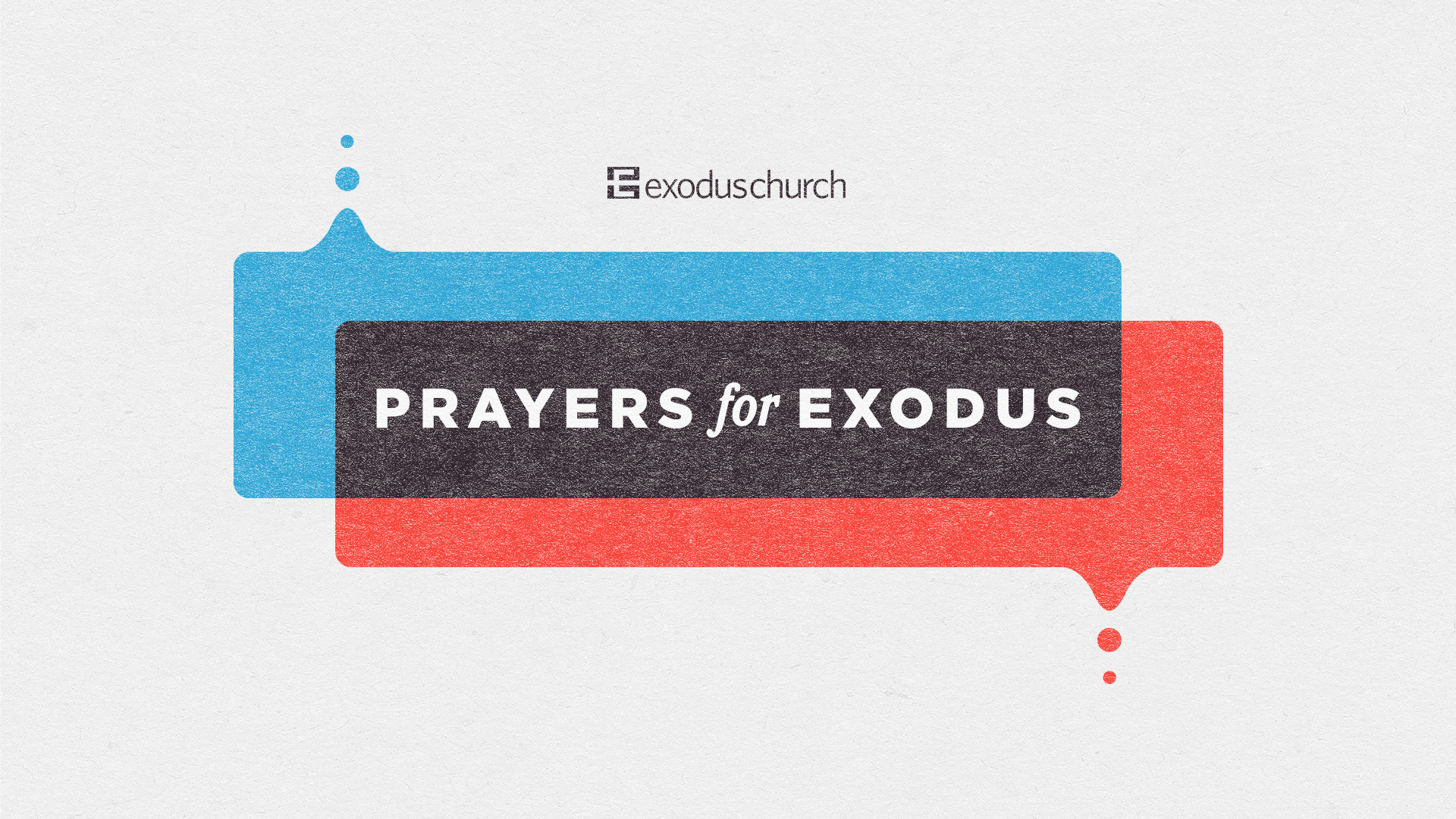A guest post by Aaron Wilson…
Do you know what the most frequently used word is in a Christian’s vocabulary? It’s not what you’d first guess, a word like faith, hope or love. In fact, even though it’s a word you’ll likely recite over 74,000 times in your life, there’s a good chance you’re not sure what it means. Ready for it? The word we’re all saying, and are all confused by, is “Amen.”
Most of us understand that “Amen” usually closes out a prayer—like a prayer punctuation mark of sorts. It’s our wake-up call when someone else is praying and has gotten a little long-winded and we feel ourselves dozing off. You might have also heard that the word literally means, “so be it.” In that sense, we use it similar to the “like” button on Facebook: “That preacher got five ‘Amens!’ after he said such-and-such, so it must have really resonated with the congregation.”
If the average Christian in America says “Amen” for two meal blessings and one evening prayer each day, they will use the word a minimum of 74,000 times during their life.
Neither of those uses is wrong. However it can be dangerous—blasphemous even—if we just haphazardly throw this term around. This is because “Amen” is actually a name of God. Think about Rev. 3:14, where Jesus is speaking to John. Jesus calls Himself, “the Amen, the faithful and true witness, the beginning of God’s creation.” So what does Jesus mean by referring to Himself this way? We find a clue in 2 Cor. 1:20.
Paul writes, “For all the promises of God find their Yes in him. That is why it is through him that we utter our Amen to God for his glory.”
Jesus is the “Yes,” the “Amen.” He is the “So be it”—the confirmation of everything that God promises in both the Old and New Testaments. Did God promise wrath for disobedience? Yes, and because Jesus suffered for wrath in our place, He fulfilled that promise. Did God promise blessings for obedience? Yes, and because Jesus was perfect in our place, His bestowal of mercy and grace fulfill that promise. Jesus’ sacrifice is, as the psalmist writes, “[Where] righteousness and peace kiss each other” (85:10). Apart from Jesus, God’s righteousness would be a kiss of death. Because of Jesus, God’s righteousness now brings peace to the Christian.
When we remember this truth, we can utter our Amen to the glory of God. If we aren’t uttering to the glory of God, we are just wasting breath and profaning the name of Jesus. So how do we live out 2 Cor. 1:20 and utter to the glory of God in a practical way? Here are a few simple suggestions:
- When you pray with thanksgiving, such as when you say a blessing before a meal, use your “Amen” as a reminder that Jesus’ sacrifice provides this grace. You could not enjoy good food were it not for Jesus’ sacrifice holding back the wrath you deserve and purchasing this gift for you. This is how you eat pepperoni pizza to the glory of God.
- When you pray for intercession, use your “Amen” as a time to remember that Jesus’ sacrifice gives you access to God through prayer. Your prayers enter the courts of God only because of the shed blood of Jesus.
- When you say “Amen” as an affirmation of truth, let that name of Jesus remind you that your ability to know and agree with truth is due to the righteousness of Jesus being given to you through the cross.
Of course, these are big truths to try to remember in the length of time it takes to say a two-syllable word. Let me suggest you simply recite the following phrase in your mind each time you say Amen: “Jesus, thank you for the cross.” Doing this brings glory to God.
Do you know what the last word of the Bible is? Look it up, but don’t be surprised if the final word of Scripture isn’t also a name of Jesus. He’s the Alpha and Omega. A book that begins with “In the beginning God…” ends with Him as well. Amen to that!



